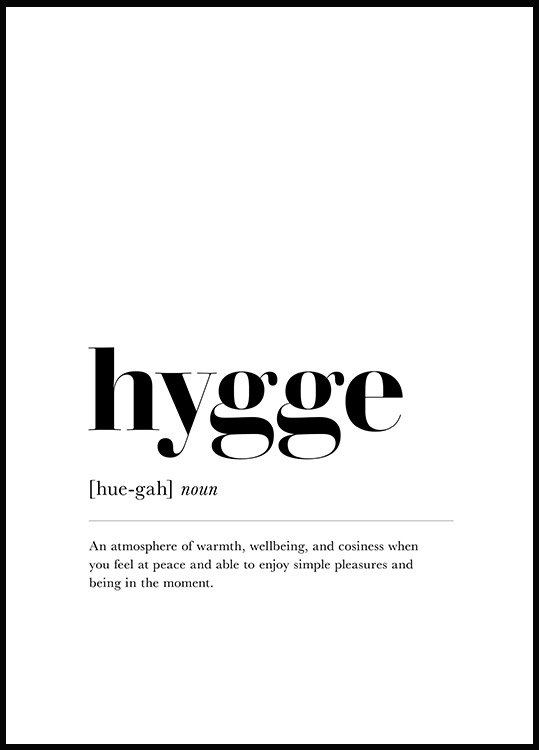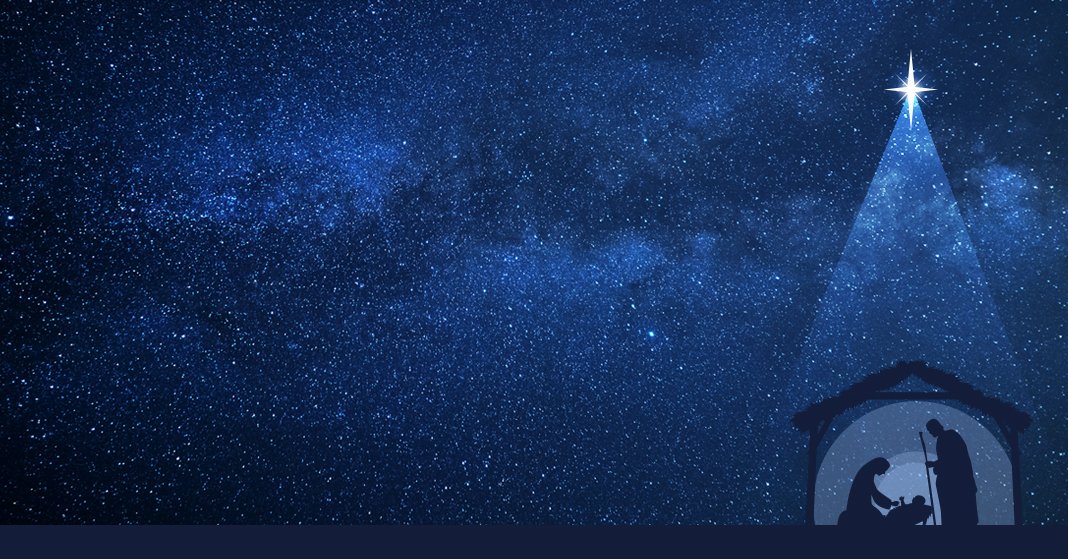If there are two words that perhaps best describe the intent of Ash Wednesday and of the Lenten season that follows, those words are found in the Scripture assigned to the day. In the second reading in the liturgy for Ash Wednesday (2 Corinthians 5:20-6:2) we read “be reconciled to God” .. in the present moment “for now is the acceptable time” (and what a hard time we are facing in the world just now; a time when our Lenten commitments find added importance).
What might the words, “be reconciled” mean as, once again, we are called to move into the season of Lent? What might they mean as we hope to sustain our Lenten commitments beyond the designated season in ways that impact our living for the life of God’s world?
Reconciliation, according to the Oxford English Dictionary, is to “restore friendly relationships”. To deepen, strengthen or to restore relationships, is then, at the very heart of living Lent and indeed life more widely. As I begin Lent, I might ask myself how is my relationship with God, with self, with other humans and with all of creation of which I am a part? How am I called to repent of broken relationships? How do I need to become more deeply a person of relationship and reconciliation? What do I need to do so as form or deepen relationships of love and respect?
These questions go far beyond the three traditional practices of Lent, the call to prayer, fasting and almsgiving (charity toward the neighbour) and yet the traditional practices remain significant as a means toward the restoration or deepening of right relationships. Lenten practices are never ends in themselves. They are always God-and other-directed! They help us creatively mend and build relationship with God, other humans and all of creation. It is only in relationship that they find meaning.
In Lent we remind ourselves anew of the Pascal Mystery and Jesus’ journey to the cross and to resurrection not because God wills suffering but because in the face of injustice and cruelty Christ commits to an ultimate act of reconciliation and an act of hope. In so doing he calls us to follow Him, to repair relationships that cause pain, separation and destruction. He opens for us a way by reminding us how deeply we are loved, even in our vulnerabilities and frailties; loved in order that we may love in turn. In Lent we walk with Him and he walks with us in the joys and turmoil of our lives.
So, this Lent and especially in our current, violent, broken world may we be “reconciled” and become reconcilers like Christ, menders of breaches, bearers of hope!
-Sister Mary Rowell, CSJ
Image: Ahna Ziegler/Unsplash













